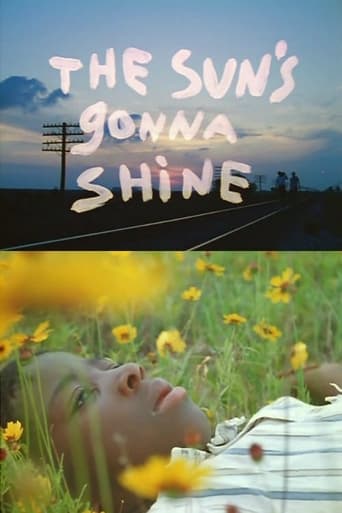
02 Jan 1969

The Sun's Gonna Shine
A lyrical recreation of Lightnin’ Hopkins’ decision at age eight to stop chopping cotton and start singing for a living. Preserved by the Academy Film Archive in 2013.

02 Jan 1969

A lyrical recreation of Lightnin’ Hopkins’ decision at age eight to stop chopping cotton and start singing for a living. Preserved by the Academy Film Archive in 2013.

30 Jun 1896

A group of people are standing along the platform of a railway station in La Ciotat, waiting for a train. One is seen coming, at some distance, and eventually stops at the platform. Doors of the railway-cars open and attendants help passengers off and on. Popular legend has it that, when this film was shown, the first-night audience fled the café in terror, fearing being run over by the "approaching" train. This legend has since been identified as promotional embellishment, though there is evidence to suggest that people were astounded at the capabilities of the Lumières' cinématographe.

27 Apr 1959

Filmmaker Alain Resnais documents the atrocities behind the walls of Hitler's concentration camps.
01 Jan 1979
No overview found
01 Jan 1997
No overview found
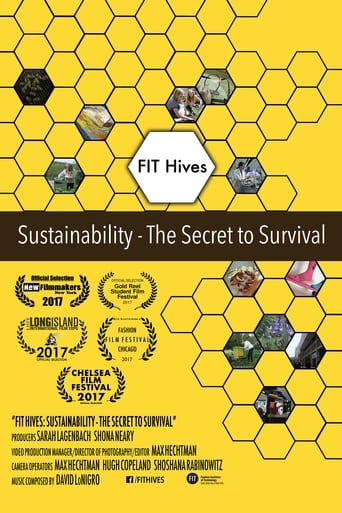
08 Apr 2017

A documentary that introduces FIT Hives, a student-run organization whose mission is to educate the FIT community about the importance of bees to the environment, the use of bee-derived resources in the industries related to the majors at FIT and its goal to put a beehive on the roof. FIT Hives is a recipient of an FIT Innovation Grant which also supported the making of this documentary.
01 Jan 1961
A boy from the desert tries to sell a sand rose in the big city.
20 Oct 1962
Short documentary by Peter Fleischmann
01 Jan 1936
A study of the behavior of monkeys in the African jungle.

22 May 1931

This short travelogue depicts snippets of locations in Hollywood, California, most of them as seen from the streets. Considerable time is taken showing the kinds of architecture of private homes. There are images of various important buildings, and a depiction of the Hollywood Bowl. Finally, there is a sequence revolving around the premiere of the film “Dirigible” (1931) at the famed Chinese Theatre.
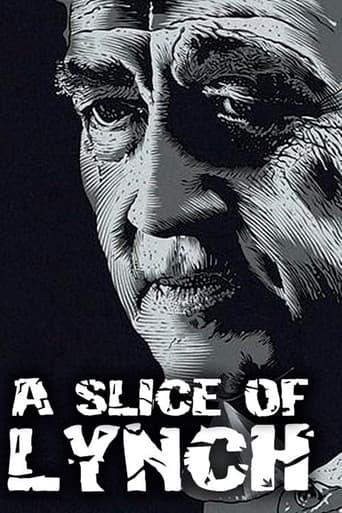
30 Oct 2007

David Lynch, Mädchen Amick, Kyle MacLachlan and John Wentworth reminisce about "Twin Peaks" while seated at a diner counter.
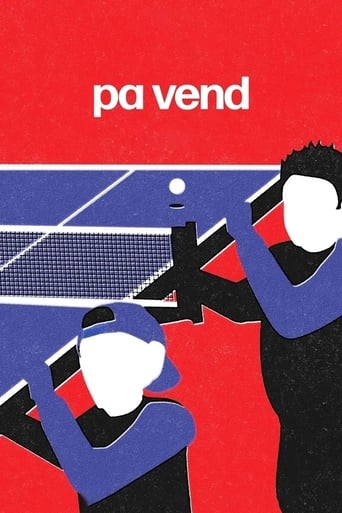
23 Jan 2022

After Kosovo's independence the first internationally recognized sports federation was the one of Table Tennis. Two local Ping-Pong enthusiasts see this as a great opportunity and start self-financing the training sessions for young players.

01 May 2004

Twenty-five films from twenty-five European countries by twenty-five European directors.
17 Jun 2008
A short documentary, looking at life in Passaic, New Jersey, whilst the film Be Kind Rewind (2008) is being shot there.
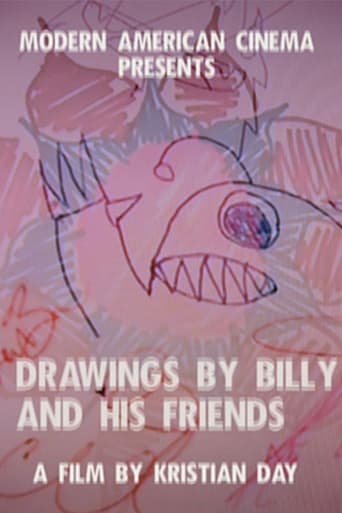
07 May 2011

In this experimental short film, Kristian Day collected artwork created by the public. He found the majority of the pieces at "Sharpie marker demonstration tables" and it took almost a year to collect the artwork. All pieces were created by chance with no prior thought. He originally intended on using the photos for a collage canvas piece, however after deciding that a short film would stand the test of time longer, he took individual shots of over 30 pieces. The drone music was created using a variety of simple sound generators & tapes that are being manipulated by delays, filters, and reverberation effects.
01 Jan 1994
Beginning with Noam Chomsky's response to a college student who role-plays "Jane U.S.A."--someone who naively believes she lives in a democratic society in which she can create her own destiny--the viewer is presented with a cross-section of typically lively Chomsky encounters. Central to a functioning democracy is the necessity of free access to information, ideas and opinions. But what should be our democratic right turns out to be limited and shaped by the biases of insitutions and ideologies within the mass media. Chomsky shows how governments, corporations and other elites manufacture the consent of the public to serve their interests.
01 Jan 1994
No overview found
06 Aug 2015
Combining high definition and Super 8 footage, Lampedusa is composed of interwoven narratives based on a series of real events. In 1831, a volcanic island suddenly erupted from the sea a few kilometers off the southern coast of Sicily. An international dispute ensued, as a number of European powers laid claim to this newfound “land”. The island receded below sea level six months later, leaving only a rocky ledge under the sea…

01 Dec 2023

Nikki is no professional athlete. Still, she swims the English channel to raise money for a good cause.

13 Aug 2021

For 17 years, filmmaker Jay Rosenblatt filmed his daughter Ella on her birthday in the same spot, asking her the same questions. In just 29 minutes, we watch her grow from a toddler to a young woman with all the beautiful and sometimes awkward stages in between. Each phase is captured fleetingly but makes an indelible mark. Her responses to her father’s questions are just a backdrop for a deeper story of parental love, acceptance, and ultimately, independence.